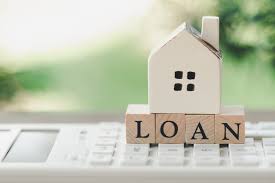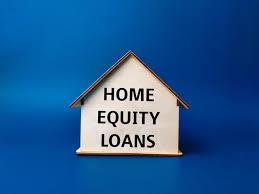Introduction

Do you think getting an equity loan is a nice idea but afraid because of the added cost with home insurance? Surprisingly, an equity loan is not covered by home insurance unlike a traditional mortgage. This article covers the reasons for this, and also why you should consider an equity loan instead.
Understanding Equity Loans
What is an Equity Loan?
An equity loan, which is often referred to as a second mortgage or home equity loan, enables the homeowner to tap into their property’s built-up value. These loans are secured by the equity in a borrower’s home, so they usually offer larger loan amounts with significantly lower interest rates than other types of personal credit.
How Equity Loans Work
You are able to borrow against this equity with an equity loan. It’s a single amount installment that you reimburse with fixed regularly scheduled payments, like an individual credit. However, as opposed to a personal loan, your home serves as collateral.
The Role of Home Insurance
Protecting Your Investment
Home insurance is a safety net that protects your property against fire, theft, or natural disasters. For homeowners, it’s an important financial safety net.
Lender’s Perspective
While you are protected with home insurance, so too is your lender. If your home is completely destroyed, who can expect an insurance payout to reimburse a loan balance? Lenders will also require you to maintain home insurance in many cases for this reason.
Equity Loans and Home Insurance: The Real Deal

Myth Busted: Home Insurance is Not Mandatory Home Insurance is Not NecessaryOften people believe that in order to get an equity loan they need to have home insurance, this is not the case. Lenders care most about the value of your home as collateral and how likely you are to make payments.
Exceptions to the Rule All things considered, there are exemptions. If you have a high loan-to-value ratio, some lenders may impose specific conditions. Furthermore, in the event that you live in a high-risk region inclined to cataclysmic events, protection may be an obligatory necessity.
Weighing the Risks: To Insure or Not to Insure?
Factors to Consider After securing an equity loan, it is up to the individual to decide whether or not to purchase home insurance. Take into consideration the following:
Your financial situation: Your long-term financial outlook including the ability to rebuild your home in event of a disaster.
The types of property you own: do you have any high-priced things not secured by your homeowners’ insurance?
Risk tolerance: Are you okay with taking the financial risks?
Conclusion
Although equity loans usually do not involve having home insurance, it is best to balance the advantages and disadvantages. Home insurance gives you peace of mind and financial coverage, albeit at a price. In the end, whether or not you insure your home is a personal decision that depends upon what fits best into your life and how much risk tolerance you have.
FAQs
- Do I need a home insurance for all equity loans?
Generally, no. However, if you have a unique scenario or are in certain states, some lenders will require it.
- What occurs if my home is broken while I am taking out an equity loan?
If you have home insurance, the benefit can contribute to costs of repair or rebuilding your house. You will be responsible for all expenses not covered by insurance.
- Can I at any point get a value credit on the off chance that I don’t claim my home through and through?
Indeed, as long as you have adequate value developed in your home.
- What factors influence the equity loan’s interest rate?
Interest rates for value advances are impacted by variables, for example, your financial assessment, the credit sum, and prevailing market interest rates.
